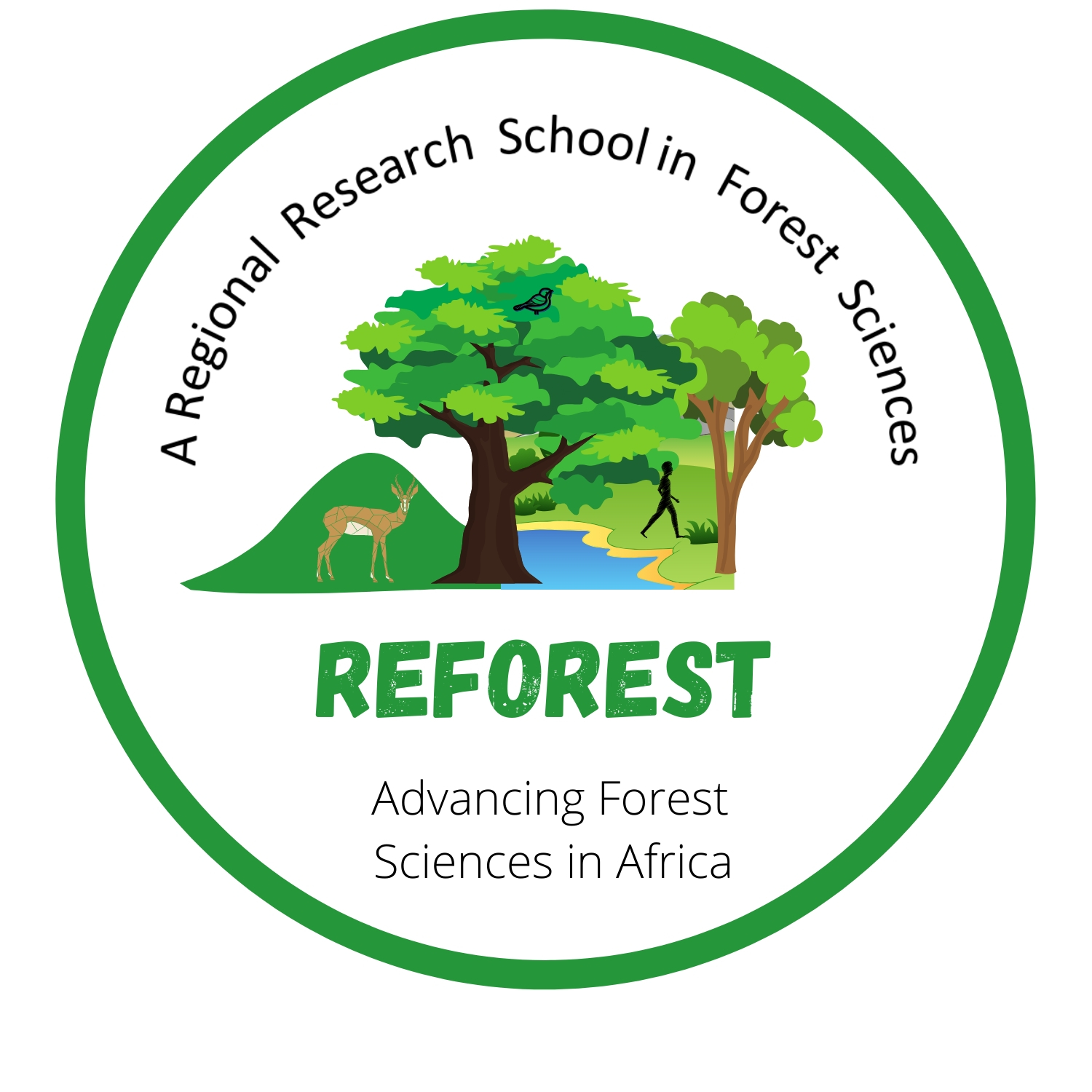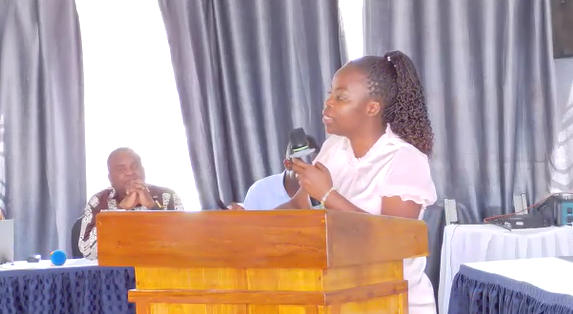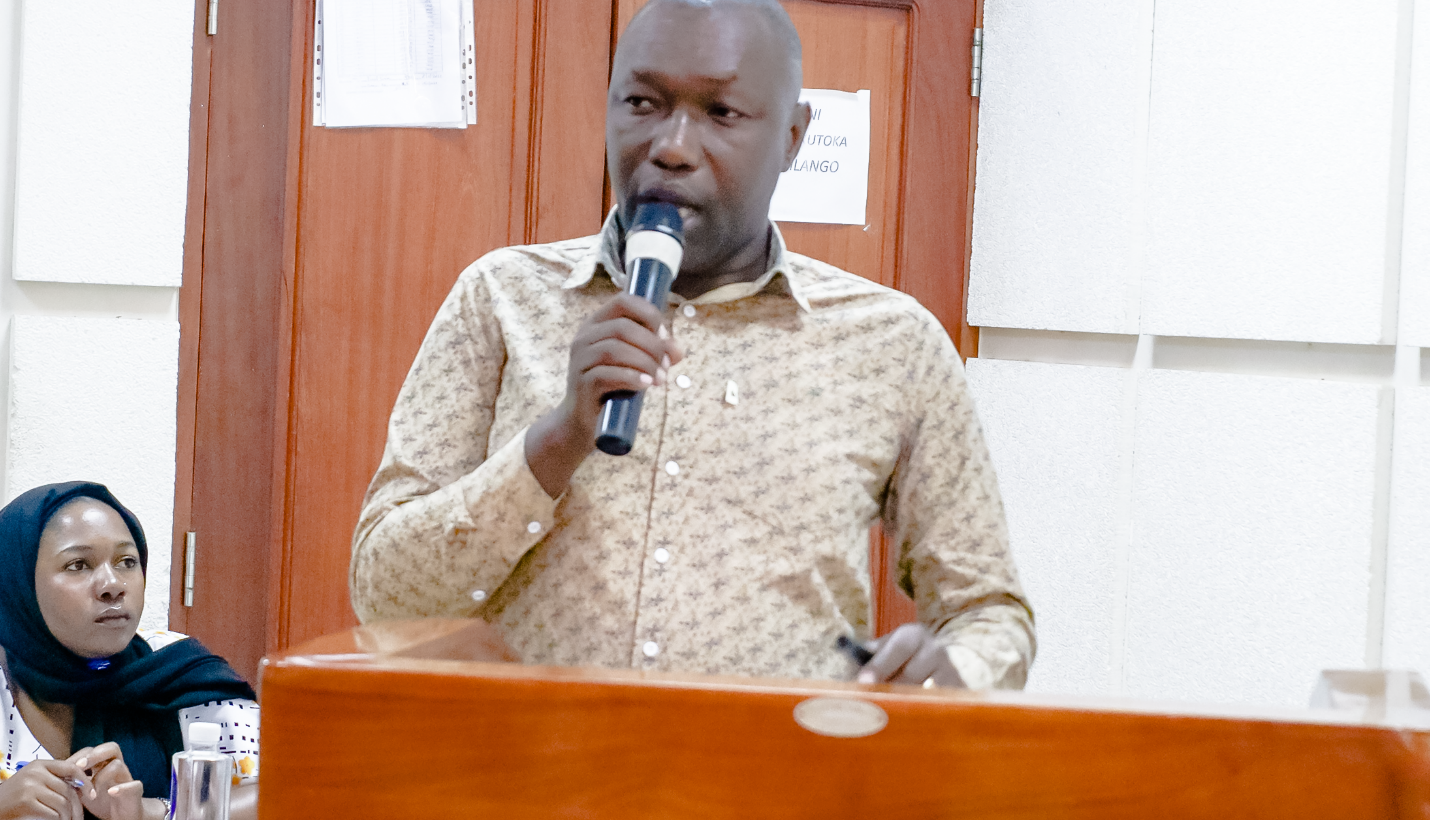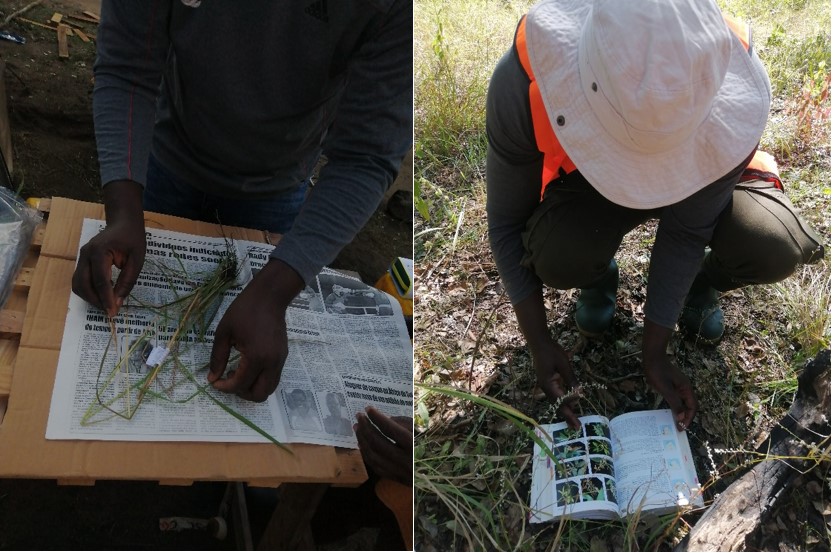Nishimwe responding to questions
Introduction
The Regional Research School in Forest Sciences (REFOREST) is hosting PhD students from five regional countries namely Rwanda, Uganda, Mozambique, Ethiopia and Tanzania. After conducting our research and data collection in our respective countries, the REFOREST organized two seminar sessions to for us to present our research findings. The seminars took place at Sokoine University of Agriculture on 13th – 14th June 2024 and 24th -25th June 2024, to provide opportunity to share research findings with academic community and gain valuable feedback. I had the privilege of presenting my findings at two referred seminars and I would like to share some insights from these experiences.
Presenting and sharing my research findings
Preparing for these seminars was an intensive process. I spent countless hours creating slides that briefly captured my key points while ensuring they were visually appealing. The day of the presentation was a mix of excitement and nerves. Standing in front of an audience of experts, peers and industry professionals was daunting but also thrilling. However, I focused on presenting the core aspects of my research clearly and confidently (Figure 1). Using tables, visuals, figures and real-world examples helped make the content engaging and understandable.
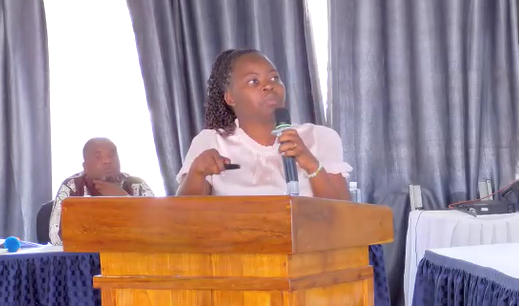
Figure 1. Nishimwe presenting her findings
The feedback Loop
One of the most rewarding aspects of both seminars was the feedback sessions. After my presentation, the floor was opened for questions and comments. Discussants and audience posed questions and suggestions for improvement (Figure 2). Their perspectives helped me highlighting both strengths and areas for improvement. These interactions were helpful, providing not just feedback but also sparking on innovative ways of disseminating my findings.
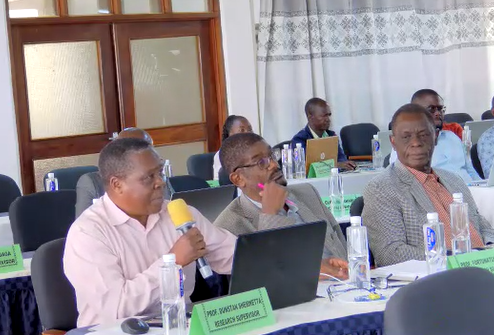
Figure 2.Feedback from Discussant Prof. D. Shemwetta
Conclusion
Presenting at seminars is a vital part of my PhD journey. It was a great opportunity to share my research study, receive constructive feedback and engage with the academic community. These experiences have not only improved my research but also enhanced my communication skills and expanded my professional network. For any PhD student, embracing these opportunities is essential for both personal and academic growth.
